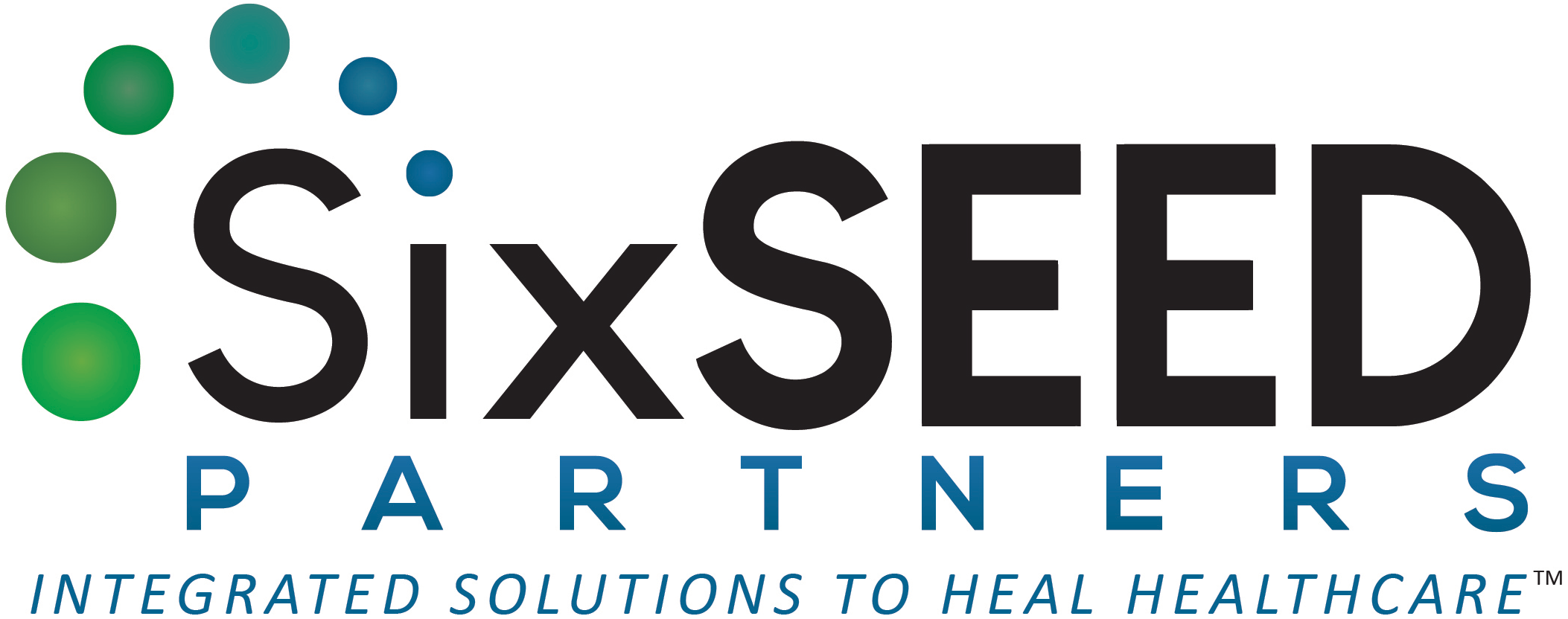Joy W. Goldman RN, MS, PCC: CEO and Founding Partner, SixSEED Partners
Background
One of our clients was recently promoted from a clinical specialty department leadership role into a hospital-wide chief clinical officer position at an academic, inner city medical center that is part of a multi-hospital system. SixSEED Partner’s coach offered to complete an onboarding 360 feedback process to assist this leader in integrating into his new role. While we would do this for any C-suite new leader, transitioning to a larger scope role within a health system has the added complexity of reshaping existing perceptions and renegotiating existing relationships.
The Strategy:
SixSEED Partner’s coach engaged the client in providing names of key stakeholders, peers, and direct reports who have had an opportunity to observe him over the past four-five months in his new Chief Clinical Officer (CCO) role. Interview questions were provided to the ten leaders and to the client’s boss: the Chief Executive Officer of the medical center. The results of the interviews were summarized and presented to the client, linking the results to past assessments that included interview-based and online assessments.
The Solution:
While many senior level roles require the capacity to manage complexity, the critical thinking capacity of being able to leverage paradox becomes magnified when one transitions internally and within the context of two National crises: the pandemic of Covid 19 and a national workforce shortage. Amongst many noted strengths, numerous respondents acknowledged the need for this leader’s capacity to challenge the status quo and push the organization toward new ways of doing things and new levels of accountability. With that strength, however, also came tension and resistance.
The coach integrated past learning from The Leadership Circle Profile 360® in shifting from reactive to creative behaviors and also continued application of noticing paradox (polarity) and seeming contradictory demands. Prevalent for this leader was the ability to leverage his strength of internal (operations) focus with external (strategic) focus. Another key tension, given the shift in his relationships with other existing leaders, was his ability to manage asserting the power (Individual) within his role of CCO, as he partnered with other system chief clinical officers (team).
The Impact:
As someone with a harsh internal judger/ critic—(perhaps this resonates for you, the reader?), being able to identify these tensions in a both/and approach allowed the leader to receive the feedback in a way that felt supportive and challenging. Using both The LCP 360 frame and polarity thinking frames supported the leader in expressing their strongly held values and fears (often held in our reactive thoughts) and allowed the leader to lead into their creative talents of visionary leadership as they strengthened developing their bench strength and collaborative partnerships. This process provided the leader an early compass amidst numerous strategic demands.


